A trademark assignment is a great option for a complete transfer of ownership rights in a trademark or service mark. An assignment can be useful when reorganizing an entity, acquiring someone’s else’s intellectual property, contributing your assets to a newly formed entity, or bringing all your intellectual property assets under one roof. However, trademark assignments must be valid to be effective. To ensure their validity, certain laws and steps must be followed, or serious consequences could occur.
Recently, an invalid trademark assignment resulted in the cancellation of a trademark registration. In Emerald Cities Collaborative, Inc. v. Sheri Jean Roese, the United States Court of Appeals for the Federal Circuit resolved a dispute hinging on whether Emerald Cities Collaborative, Inc. had a valid assignment from the prior owner for the mark THE EMERALD CITY. The previous owner was an individual unconnected to the company. Even though the assignment agreement indicated plainly that the assignment would become valid only after the mark registered, the Court affirmed the Trademark Trial and Appeal Board’s ruling that the assignment was improper and the mark should be canceled.
The problem here was that the Lanham Act was violated. The original owner of the mark had applied to register the mark on an “intent-to-use” basis, which is a common way to apply to register trademarks and is used frequently in the cannabis industry. An intent-to-use trademark application is the trademark owner’s way of saying, “I plan on using this mark in the future, and I’d like to lay claim to it now and tell the public of my intention to use the mark in connection with the goods and services included in the application.” Often, but not always, the mark is not actually being used at the time the application is filed. Meanwhile, the Lanham Act also includes an anti-trafficking provision which generally prohibits the assignment of an intent-to-use application prior to the application maturing to registration, unless certain statutory exceptions are met. In this case, the timing was off—the original applicant had assigned the application prior to the application registering and there were no statutory exceptions.
If you are considering a trademark assignment, contact us. We can help you avoid assignment invalidity.
